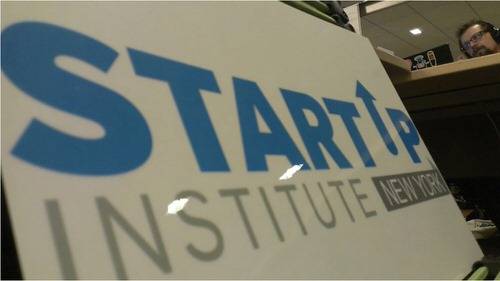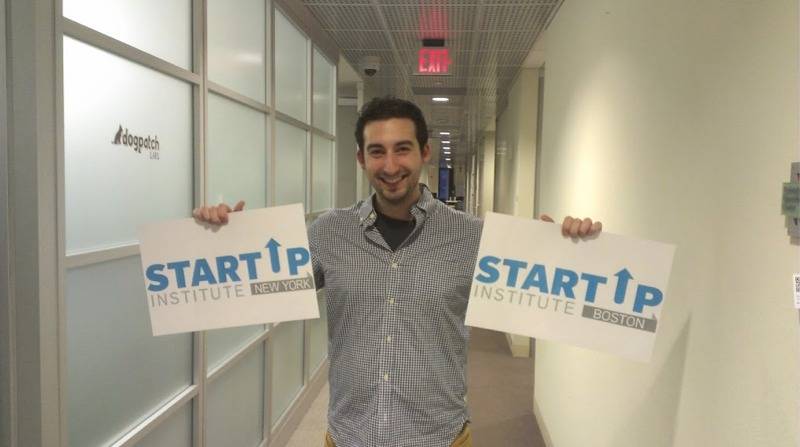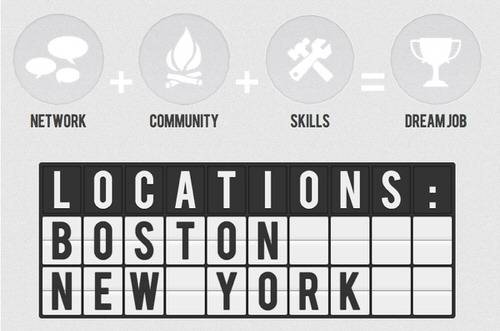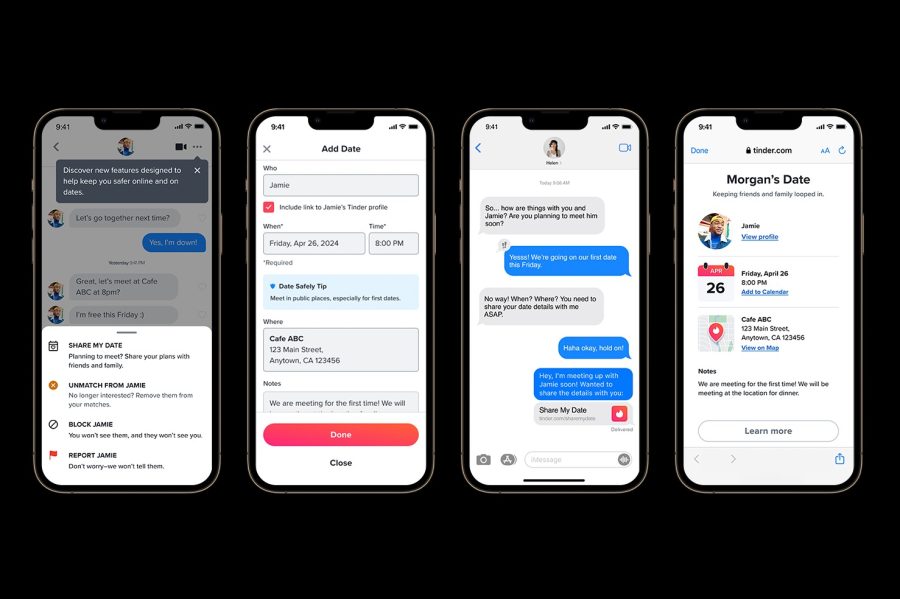
A new school designed to teach people the necessary skills to work within the chaos that are startups is coming to New York.
The Startup Institute is an eight-week program for people that want to gain the necessary skills to work in a startup and find a job. Taught by volunteers from the local tech community, Startup Institute has four tracks for students looking for the necessary acumen to work at a startup – web development, product and design, marketing and sales/business development.
The Startup Institute started as a branch of startup incubator TechStars in Boston. Known as the Boston Startup School, the company is now rebranding itself as the Startup Institute and expanding its first class to New York City starting in June. The school was grown out of the need of many local startups looking to scale and hire employees, but were not sure where to look.
“We’re trying to change professional education by coupling it directly to industry,” said Aaron O’Hearn, CEO of Startup Institute, in an interview with ReadWrite. “Right now, education doesn’t prepare people to be great employees for small companies.”
Growing Out Of TechStars
Boston Startup School started, more or less, as a feeder program for employees to TechStars companies in Boston. Other local startups partnered with the school and would pay recruiting fees to Startup School (about 6% to 9% of the employee’s starting salary) if and when it hired students. The program was initially free for students and completely immersive – 9 a.m. to 5 p.m. – five days a week.

The program proved to be a strong success. About 94% of graduates from the first two Startup School classes accepted job offers from startups. O’Hearn and company figured they were on to something and decided to turn the school into an actual company, decouple it from TechStars and expand the footprint. The Startup Institute was born.
“While the company was born from TechStars in Boston, the transition was actually what I imagine to be pretty typical. I transitioned from being an employee of TechStars to the CEO of Startup Institute and started playing that role full-time,” O’Hearn said.
Tuition is no longer free. The eight-week program will run students $3,750 but there are various ways around that. If students pay up front, they can receive a discount on the overall amount. Or they can defer payment over three years. If a student goes to one of Startup Institute’s partner companies, the school will completely reimburse tuition.
High Growth Companies
Startup Institute is targeting students that want to work in high growth companies. Typically that means companies that have accepted at least some venture funding and are looking to aggressively hire.

“Our vision is to change professional education by coupling curriculum to industry needs rather than research. Because we’re decentralizing the curriculum creation and delivery, we’re not bound by traditional educational infrastructure. This allows us to operate at a much lower cost, and remain agile alongside the changing needs of high-growth technology startups,” O’Hearn said.
Admission to Startup Institute is more akin to a job interview than to applying to college. Startup Institute looks for personality, drive, coach-ability, expectations and previous work experience when deciding who to admit. Some students have not even attended college. The goal is to create graduates that have both the hard (technical) skills to work in a startup while also having the soft (emotional) skills to survive in the chaotic world that is startup life.
“Traditional education helps someone learn to think and loosely define a path they may want to pursue,” O’Hearn said. “Another huge challenge with traditional education preparing people for the workforce is around the curriculum and what’s actually taught. The current infrastructure around curriculum and accreditation largely prohibits the teaching of topics and technology that are being used in industry at that very moment.”










